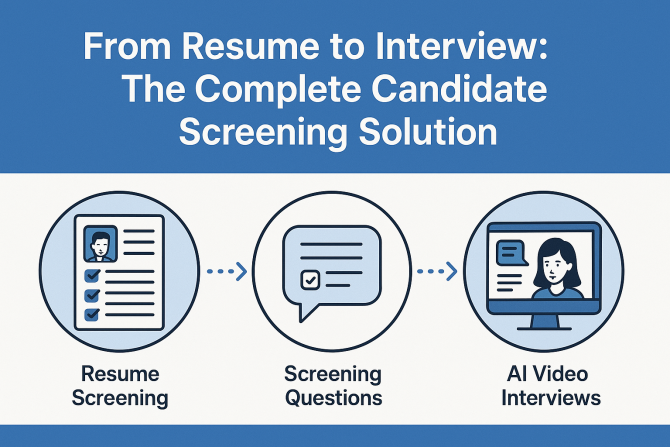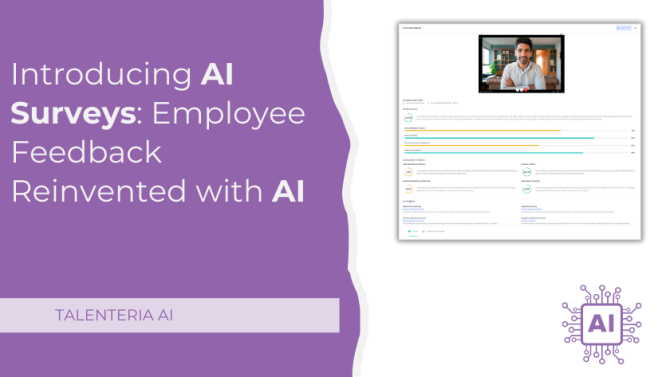
Google handles billions of websites every single day – so getting your website to the top of the search page might seem like an impossible feat. But trust us; it’s not! We’ve compiled our tried-and-true strategies that will get you noticed in Google searches in no time. Before you know it, your job listing page will catch lots of attention, and job seekers’ applications will come rolling in.
So, how can you get noticed? Incorporate these search engine optimization (SEO) techniques into your content marketing plan:
1. Index Your Website
Before your recruitment business can show up on Google’s results page, the search engine needs to know that the site exists. Speaking technically, we need Google to add your website to its index of recognized websites. Search engines use crawlers (virtual bots) to analyze websites and add them to their index. These crawlers will eventually find your website, but this could take weeks. If your company’s job board page is new, you want it to be indexed ASAP! So, what can you do to expedite the indexing process? We recommend signing up for a free Google Search Console account. Use the service’s URL Inspection Tool - this lets you see your URL’s current index status. If your page isn’t indexed, you can request Google to crawl the URL.
2. Write High-Quality Page Titles and Descriptions
While a page title and description doesn’t show up on your website, it’s an important SEO strategy – Google considers these to be a summary of your page’s content. Search engines use algorithms to analyze your title and meta-description in order to determine whether your page is relevant to a user’s search. Because of this, we would highly recommend incorporating a relevant keyword in your title and description. This brings us to our next point.
3. Keyword Research
Before you write any recruitment content for your website, you’ll need to pick a few relevant keywords. These are words or phrases that you think people would enter into search engines while doing a job search. However, don’t oversaturate your content with keywords – this will ultimately harm your sites’ readability and turn off potential candidates.
If you don’t have a knack for choosing keywords, don’t worry! There are plenty of tools available for you to determine the best keyword for your particular niche or blog post. Google Ads even has a keyword planner to help you select terms related to your business.
4. Add a Location
Google knows where you live – but not in a creepy way. The search engine factors your location into its algorithm in order to present you with nearby job titles. After all, it wouldn’t be helpful if you live in NYC, but your job search results are all for positions in Los Angeles. We would recommend adding location-related keywords into your content so that your postings actually reach your targeted audience.
5. Don’t Plagiarize!
We get it – it can be hard to constantly come up with unique, engaging content. It seems like everything has already been written by someone else. But don’t give in to the temptation of plagiarism! Put your own spin on your content – not just because it’s the ethical thing to do but also because plagiarizers will be sent to the last page of Google search results.
If you want to make sure that you are not unintentionally plagiarizing existing content, run your page through a uniqueness checker. There are loads of free services available – some of our favorites are SmallSeoTools and Duplichecker.
6. Build Links
When there is lots of digital chatter about your website, Google will take notice. The search engine takes links from reputable websites into account when deciding your site rank. We wouldn’t recommend buying links from shady websites – this could hurt you in the long run. Instead, begin link building by reaching out to prior clients. If you have a client who loves your recruitment marketing business, ask for a link back – you’ll benefit from the referral and also from the SEO improvement.
7. Mobile Optimization
With the prevalence of mobile devices, it would be foolish to ignore the mobile capabilities of your website. In order to make your website more mobile-friendly, you’ll need to take into account your site’s design, page speed, and site structure. Your viewers will be thankful for it, and Google will reward you. In early 2020, Google announced that it is switching to mobile-first indexing, meaning that the mobile version of a website is what’s assessed for indexing and ranking purposes. Because of this, we are anticipating a huge shift in SEO services – the most important factor will soon be how your mobile site behaves.
We recommend adding all 7 of these strategies to your digital marketing strategy. However, even if you implement just one technique, you will see a difference. Enjoy the climb to the top of Google’s search results!





